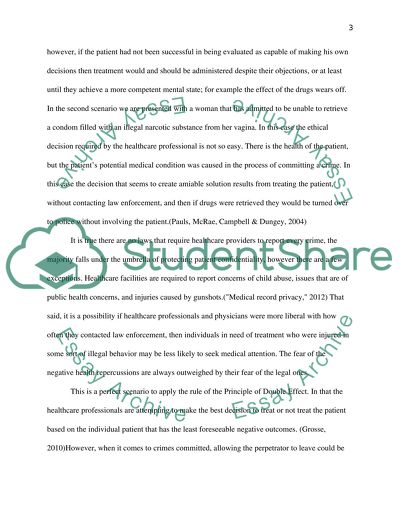Provider- Patient Relationship (CASE) Essay Example | Topics and Well Written Essays - 500 words. Retrieved from https://studentshare.org/health-sciences-medicine/1612234-provider-patient-relationship-case
Provider- Patient Relationship (CASE) Essay Example | Topics and Well Written Essays - 500 Words. https://studentshare.org/health-sciences-medicine/1612234-provider-patient-relationship-case.


